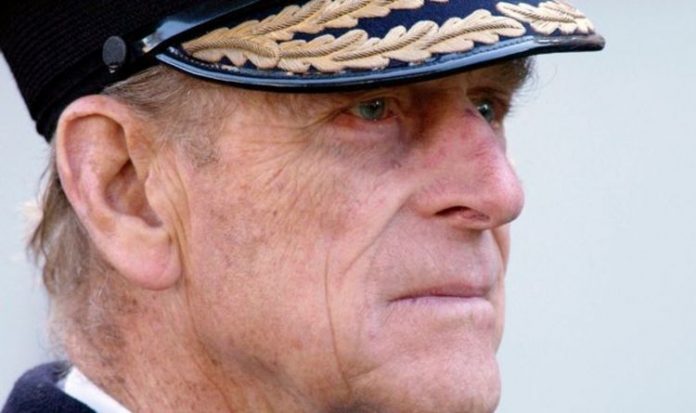Prince Philip accepted the decision “without an argument” as he understood the impact having his close relatives attend the ceremony would have on his future role within the Royal Family. The royal had hoped to reunite with his three remaining sisters as he walked down the aisle to marry then-Princess Elizabeth but had to stand down to avoid public backlash. Royal biographer Philip Eade told Channel 5’s ‘Philip: The King without a Crown’: “Prince Philip’s sisters were not invited to the wedding because they were married to quite high-ranking German Officers, one a member of the SS.
“His father had died during the war so the only member of his family there was his mother.”
Prince Philip was born into the Danish and Greek royal families, whose descendants traditionally married into the German nobility.
All four of Philip’s older sisters – Princess Margarita, Princess Theodora, Princess Cecilie and Princess Sophie – had married German princes and dukes before the onset of World War II.
With anti-German feelings still high in the aftermath of the war, the Royal Family sought to avoid public uproar by asking Prince Philip to renounce having his sibling attending.
READ MORE: Prince William ‘disturbed’ by Meghan Markle’s ‘woke’ political interventions – book claims
Only Princess Alice of Greece and Denmark, the Duke’s mother, was ultimately allowed to attend the royal wedding at Westminster Abbey as she was a direct descendant of Queen Victoria.
Author Ingrid Seward said: “I think he was a little hurt.
“But it was probably the right decision because there was still very, very strong anti-German feeling in this country.”
Historian Hugo Vickers added: “It must have been very difficult for him but I guess he just went with the flow, basically. Certainly, there is no evidence of any arguments about it.”
READ MORE: Princess Eugenie’s royal baby will KNOCK Zara Tindall down the line of succession
In addition to snubbing his sisters on his big day, Prince Philip also had to renounce his native title of Prince of Greece and Denmark.
He was granted the title of Duke of Edinburgh, Earl of Merioneth and Baron Greenwich after the wedding but it would not be until 1957 that he became a Prince of the United Kingdom.
Despite the Duke’s family being kept from attending the wedding, Prince Philip ensured three of his sister as well as his mother and paternal uncle and aunt, Prince and Princess George of Greece, who represented the King of the Hellenes.
Princess Cecilie, the Heriditary Grand Duchess of Hesse died in a tragic plane accided with her husband and three of her four children in 1937.
Prince Philip had already faced several challenges before officially joining the Royal Family, as both the king and members of the household had expressed doubts about his suitability to Princess Elizabeth.
But despite being separated from her for over six months as she underwent a royal tour with her family, Philip still proposed marriage in 1946 and was accepted as long as the couple waited for the princess’s 21st birthday to make the announcement.
The Duke of Edinburgh would go on to face additional issues after the marriage as he tried to adapt and carve a special role in the Royal Family’s system.
Mr Eade added: “There was a certain feeling he was up against…that he had a fight on his hands during the early years of his marriage.
“He had to establish himself, find a role for himself and a role in the country.”







